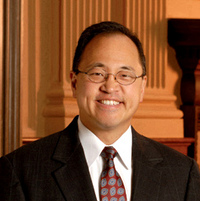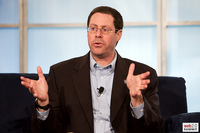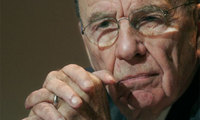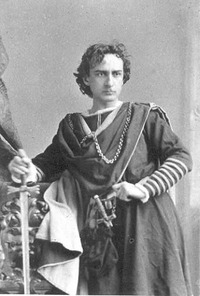 Dr. Barbara Cherry sent me a response to Dr. Chris Yoo’s
“novel” opinion of her antitrust theory.
Dave Farber posted
Barb’s comments on his Interesting People list,
although without her postscript with the pointer to her articles and book.
Farber appended a response from Chris, which I’ll post separately.
Dr. Barbara Cherry sent me a response to Dr. Chris Yoo’s
“novel” opinion of her antitrust theory.
Dave Farber posted
Barb’s comments on his Interesting People list,
although without her postscript with the pointer to her articles and book.
Farber appended a response from Chris, which I’ll post separately.
From: “Cherry, Barbara” <cherryb at indiana.edu>The rest after the jump. Continue reading
Date: Fri, 9 May 2008 18:28:04 -0400
Subject: Re: Prof. Yoo responds for Prof. FarberJohn,
Christopher Yoo’s response unfortunately contains several historical analytical errors that I’ve repeatedly discussed in my writings. It is unlikely that he actually read my TPRC paper to which you provided a link in our blog, as he would have readily discovered some of them.
Perhaps the fundamental problem is that many economists and legal scholars commenting on the network neutrality debate DO NOT understand the history of common carriage. Under the common law, common carriage obligations were TORT obligations imposed on carriers (in their relationship with customers) simply by virtue of their status of engaging in the business. In other words, the obligations are STATUS-BASED and unrelated to the industry’s market structure. Attributing the imposition of common carriage obligations to natural monopoly is a MYTH, unfortunately so often erroneously repeated in the secondary literature that it is believed to be true.








